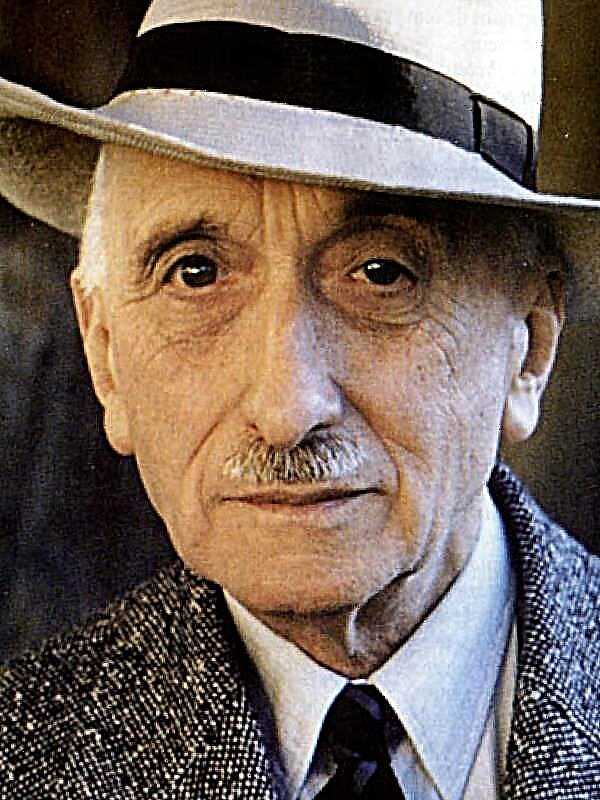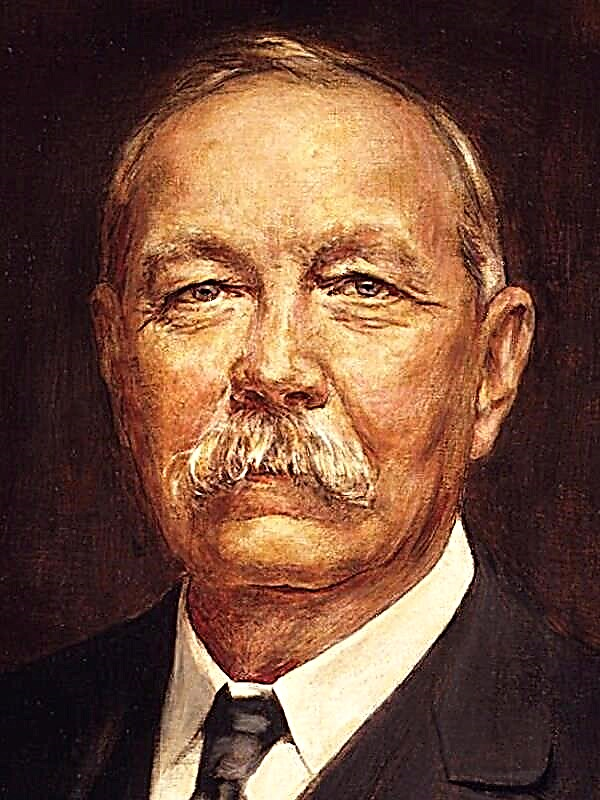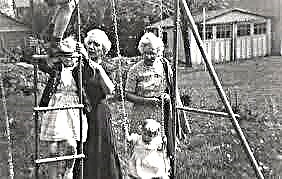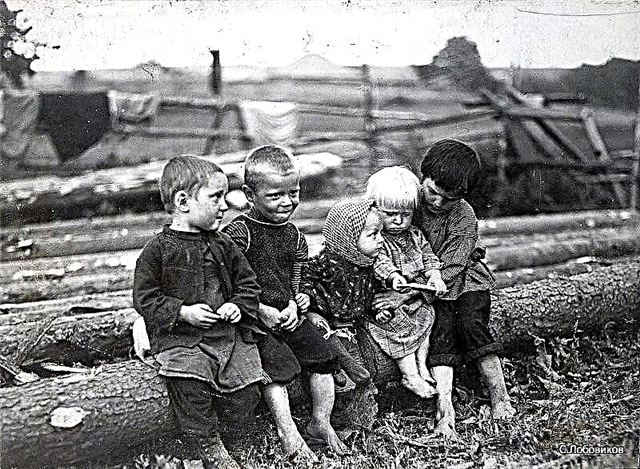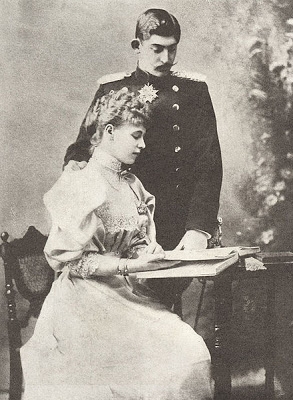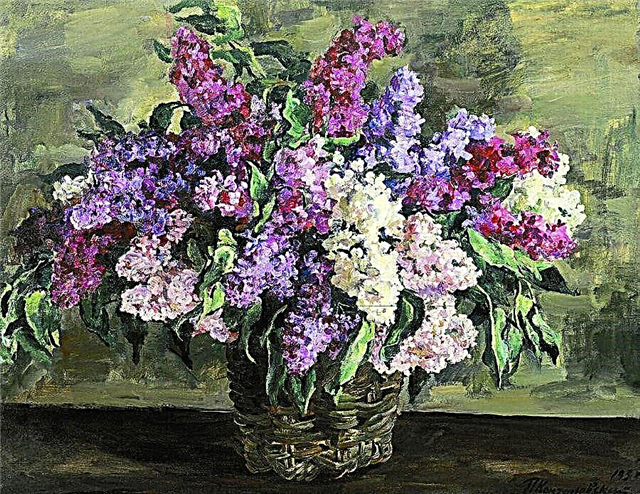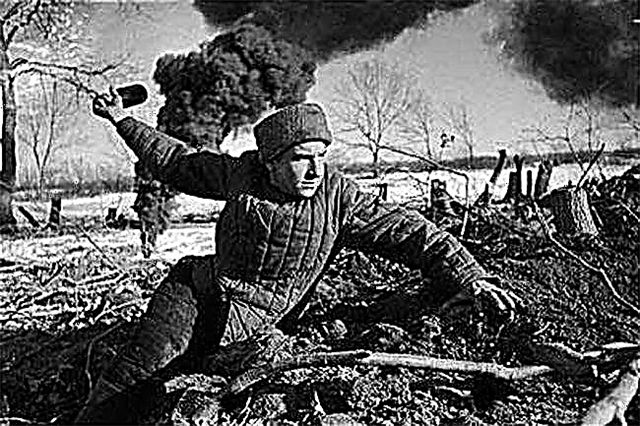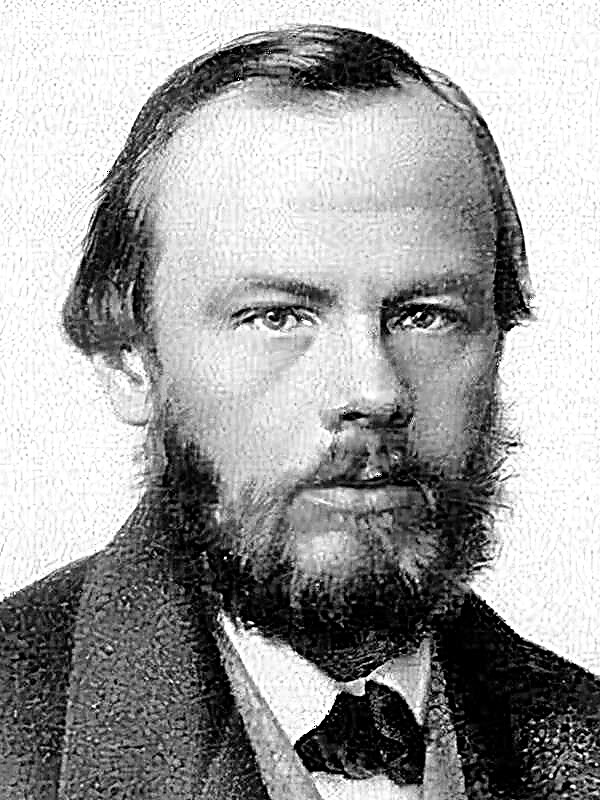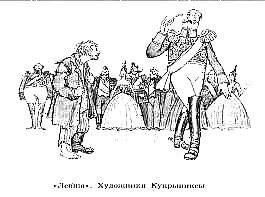(318 words) I. Goncharov in his novel "Oblomov" described the ideal of the protagonist's life: an idle and carefree existence in a narrow family circle where love reigns. There, in the countryside, where all the gifts of nature are abundantly presented, Ilya Ilyich grew up and received everything he needed from obedient servants and affectionate mother. However, in the description of these bewitching paintings we see a barely noticeable irony of the author, who does not see anything good in the lazy vegetation of the nobility.
Describing Oblomov’s childhood through the dream of the protagonist, the writer depicted an idyll - a cloudless happy past that Ilya Ilyich would like to make his future. But, as we know, in the word "idyll" lies an ironic subtext, as in the text of the novel itself. For example, the author describes the ideal of his character as follows: "Everything promises a calm, long life there until the hair is yellow and an imperceptible, dreamlike death." Is that what characterizes the subject of admiration? No, the “yellowness of hair” makes fun of what only seems like paradise, but in reality it is a swamp where the nobility, support and pride of tsarist Russia are stuck. Peace, no matter how seductive it may be, cannot be the ultimate dream, therefore Goncharov’s idyll is a props that he deceives the reader, forcing him to penetrate Oblomov’s ideal, so that he can later debunk a dangerous illusion. And therefore, idyllic motifs are concentrated in the chapter “Oblomov’s Dream”, which contrasts with the reality where the main character is. So the writer emphasizes that they are not viable, artificial and imposed on Ilya Ilyich himself. Phantoms from the past poison his present, justifying Oblomov’s vices. I. Goncharov subtly beats their falsity, describing the implausible nature of a fictional land: "Sudden blizzards do not return in spring, do not fall asleep in fields and do not break trees with snow." The seasons disciplinedly follow each other, as if prisoners on a walk. Reading these lines, every resident of Russia will understand that we are talking about a non-existent region, where it is more likely to live bored than happily.
Thus, the idyllic motifs in the novel “Oblomov” are expressed in the description of the hero’s childhood in the chapter “Oblomov’s Dream”. They have an ironic connotation and perform a specific task. The author introduced them into the outline of the narrative to show the absurdity, falsity and non-viability of the “Oblomovism” ideology.

